Category Archives: religion

Apollo
 Apollon musagète, Jardins du Trocadéro, Paris, France.
Apollon musagète, Jardins du Trocadéro, Paris, France.
Ur Fascism – Umberto Eco
Read Umberto Eco’s
Ur Fascism
essay. The New York Review of Books.
See wikipedia entry
nationalism and his cult of heroism
celebrated speed, violence, and risk
fascist cult of youth
optimism and heroism
Fascism became an all-purpose term because one can eliminate from a fascist regime one or more features, and it will still be recognizable as fascist. Take away imperialism from fascism and you still have Franco and Salazar. Take away colonialism and you still have the Balkan fascism of the Ustashes. Add to the Italian fascism a radical anti-capitalism (which never much fascinated Mussolini) and you have Ezra Pound. Add a cult of Celtic mythology and the Grail mysticism (completely alien to official fascism) and you have one of the most respected fascist gurus, Julius Evola.
The first feature of Ur-Fascism is the cult of tradition.
If you browse in the shelves that, in American bookstores, are labeled as New Age, you can find there even Saint Augustine who, as far as I know, was not a fascist. But combining Saint Augustine and Stonehenge – that is a symptom of Ur-Fascism.
Action being beautiful in itself, it must be taken before, or without, any previous reflection. Thinking is a form of emasculation.
fear of difference
obsession with a plot,
Thus, by a continuous shifting of rhetorical focus, the enemies are at the same time too strong and too weak.
Fascist governments are condemned to lose wars because they are constitutionally incapable of objectively evaluating the force of the enemy.
In every mythology the hero is an exceptional being, but in Ur-Fascist ideology, heroism is the norm. This cult of heroism is strictly linked with the cult of death. It is not by chance that a motto of the Falangists was Viva la Muerte (in English it should be translated as “Long Live Death!”).
the Ur-Fascist hero craves heroic death, advertised as the best reward for a heroic life. The Ur-Fascist hero is impatient to die. In his impatience, he more frequently sends other people to death.
All the Nazi or Fascist schoolbooks made use of an impoverished vocabulary, and an elementary syntax, in order to limit the instruments for complex and critical reasoning.
UrFascism is still around us, sometimes in plainclothes. It would be so much easier, for us, if there appeared on the world scene somebody saying, “I want to reopen Auschwitz, I want the Black Shirts to parade again in the Italian squares.” Life is not that simple. UrFascism can come back under the most innocent of disguises.

Notre Dame
 Synagoga, Notre Dame, Paris, France. September, 2017.
Synagoga, Notre Dame, Paris, France. September, 2017.
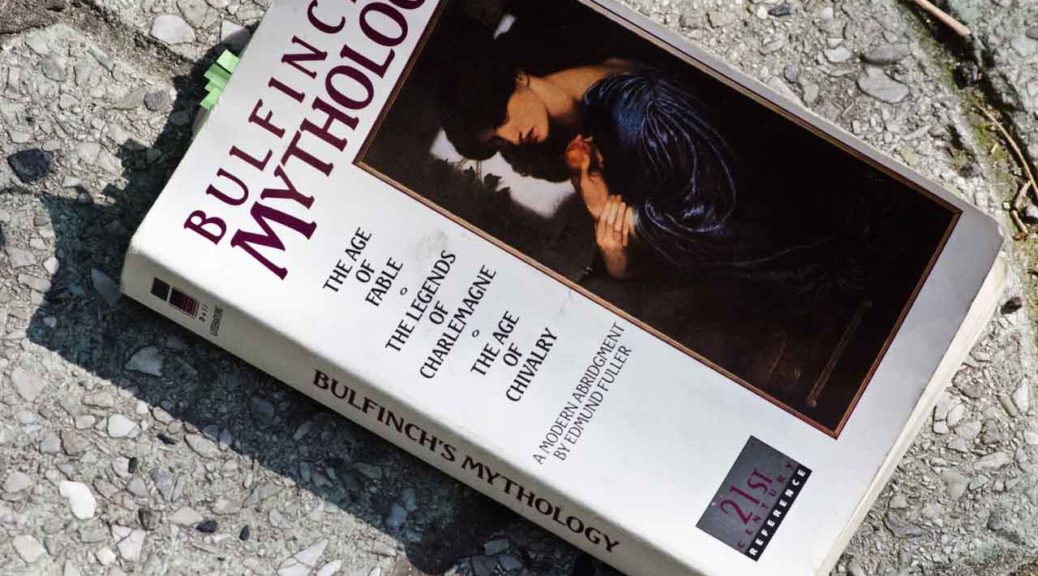
The Age of Fable
Bulfinch, Thomas. Bulfinch’s Mythology: The Age of Fable. Abridged by Edmund Fuller. 1959. (First published 1855).
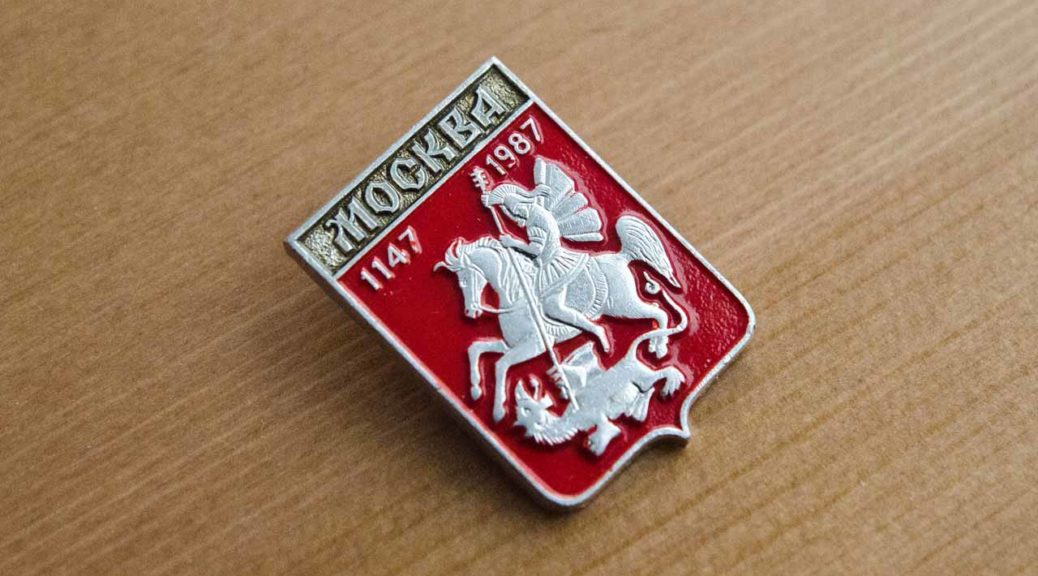
Russian artifacts
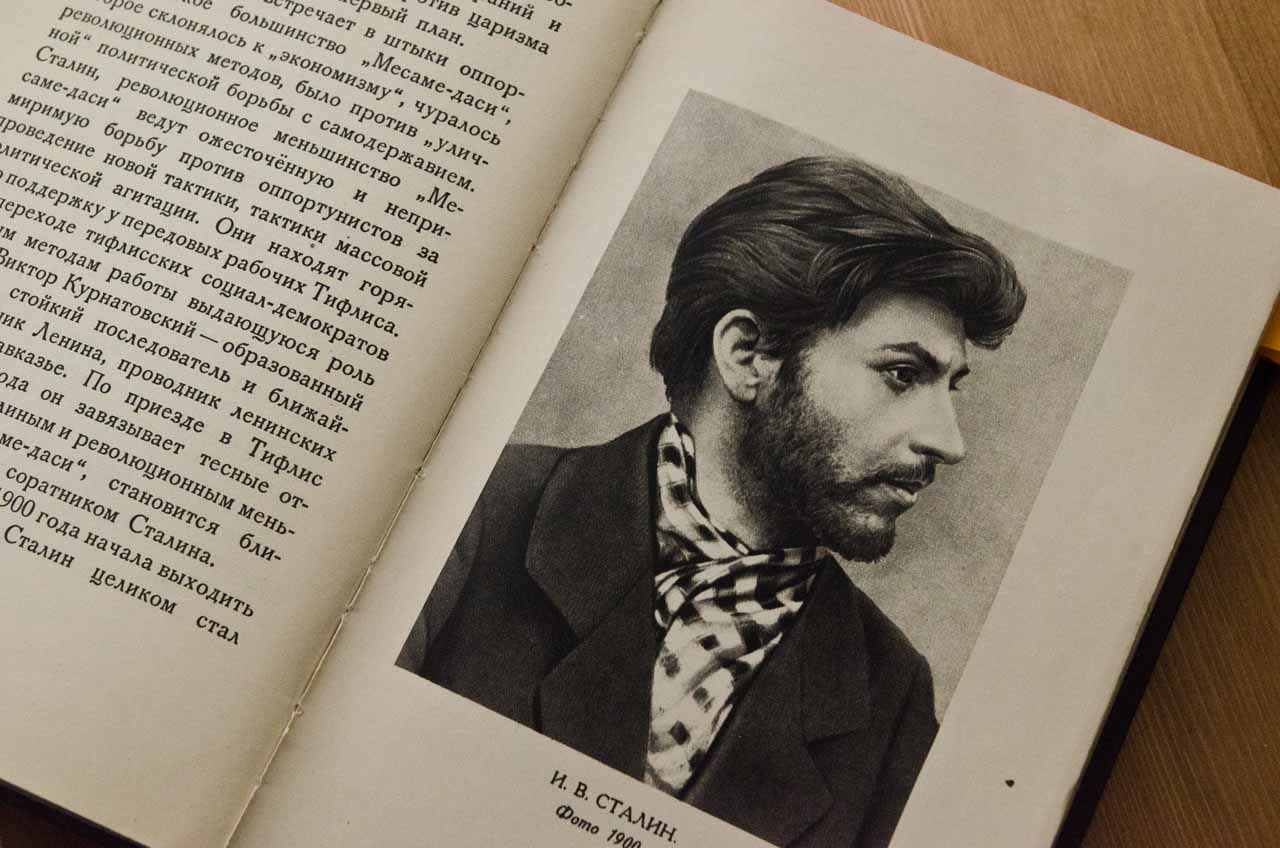 Young Stalin.
Young Stalin.
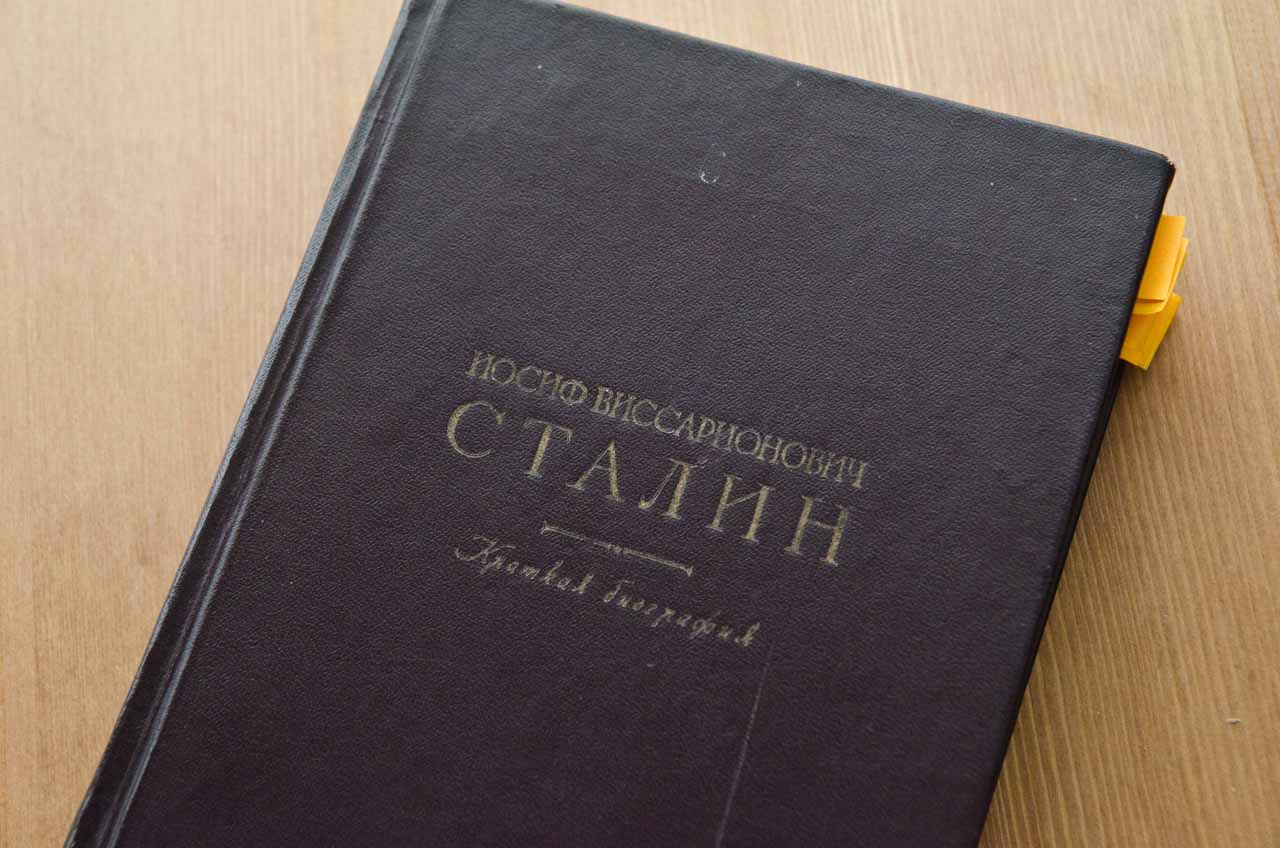 Stalin’s biography, 1947.
Stalin’s biography, 1947.
 Огонёк (Spark) magazine, 1980.
Огонёк (Spark) magazine, 1980. 
 Medal “For Valiant Labour in the Great Patriotic War 1941–1945”.
Medal “For Valiant Labour in the Great Patriotic War 1941–1945”. Russian coat of arms.
Russian coat of arms.
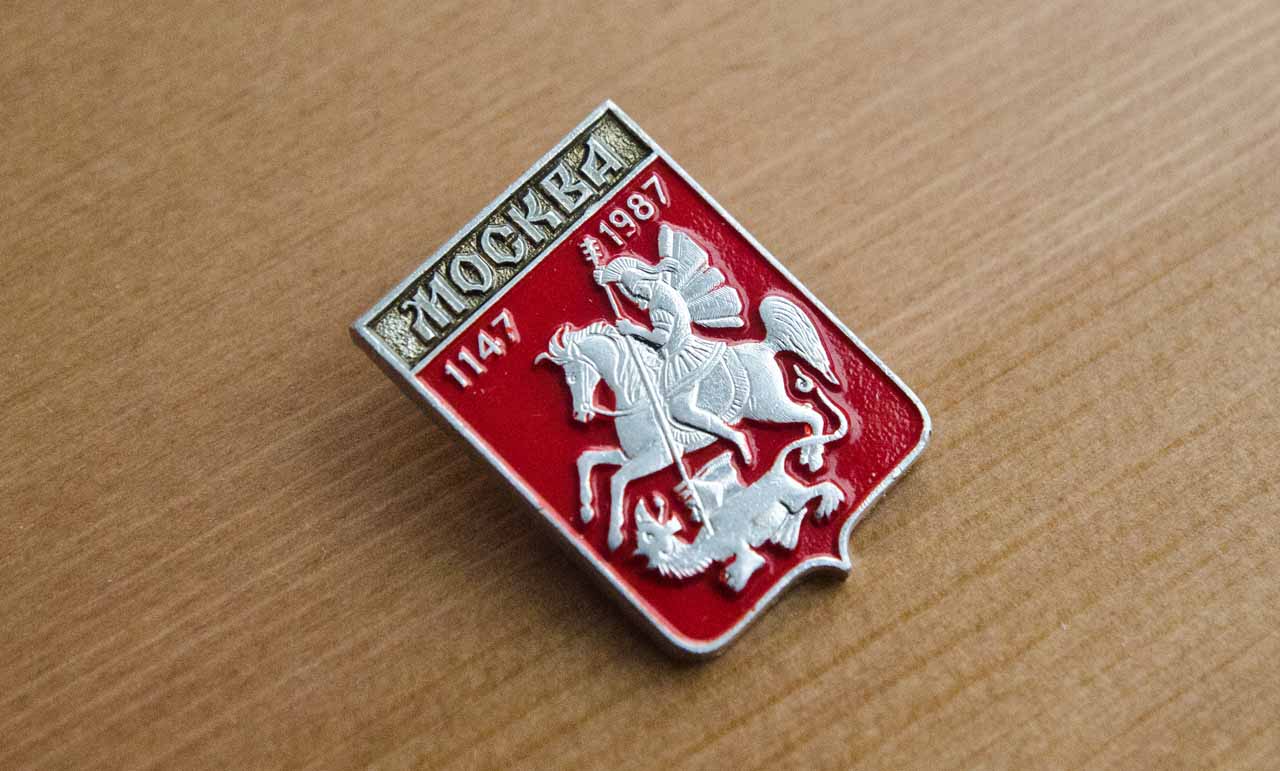 Pin. St. George slaying the dragon, coat of arms of Moscow.
Pin. St. George slaying the dragon, coat of arms of Moscow.
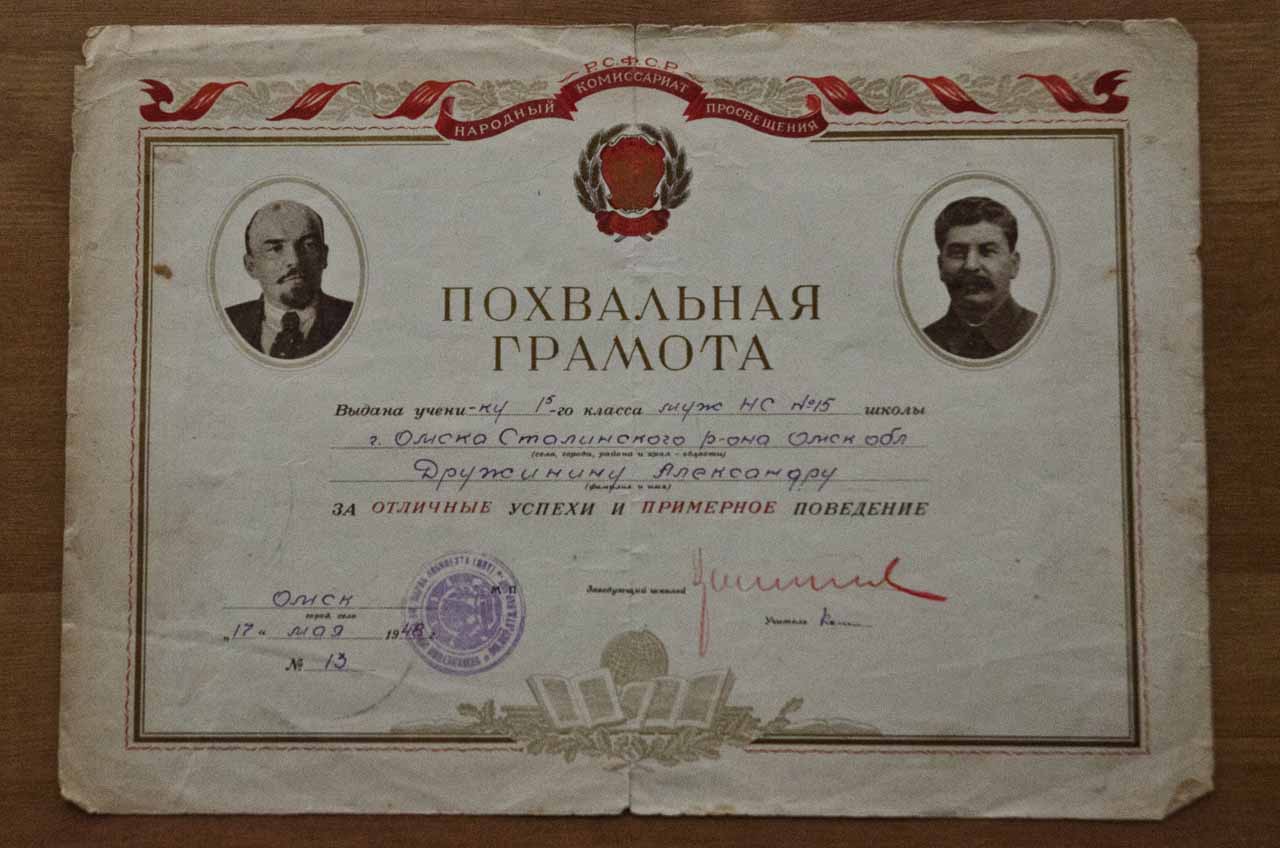 School diploma, 1948.
School diploma, 1948.
Slaying the Dragon
Jordan Peterson
Humanism: Carl Rogers
Jordan Peterson.
to read:
Way of Individuation Jolande Jacobi
Toward a Psychology of Being Abraham H. Maslow
see morita therapy
DEPTH PSYCHOLOGY: SIGMUND FREUD (PART 2)
Jordan Peterson.
Depth Psychology: Sigmund Freud (Part 1)
Jordan Peterson.
see sublimation